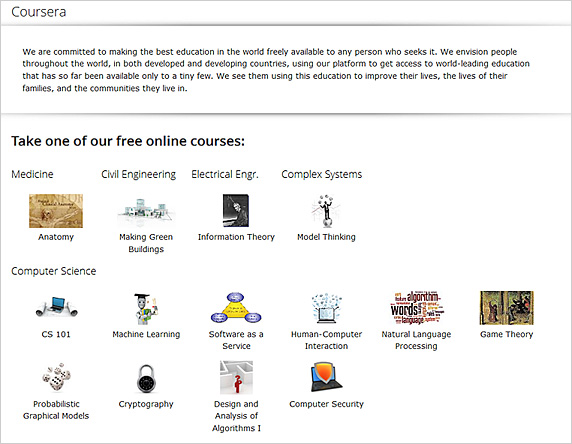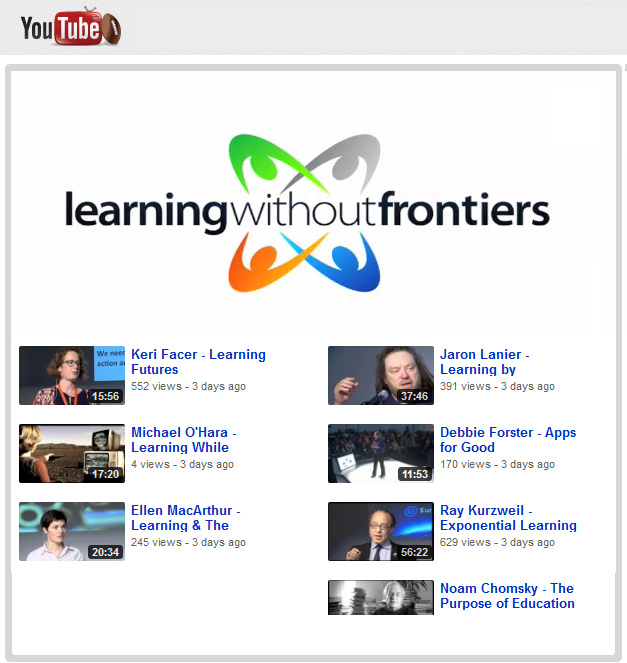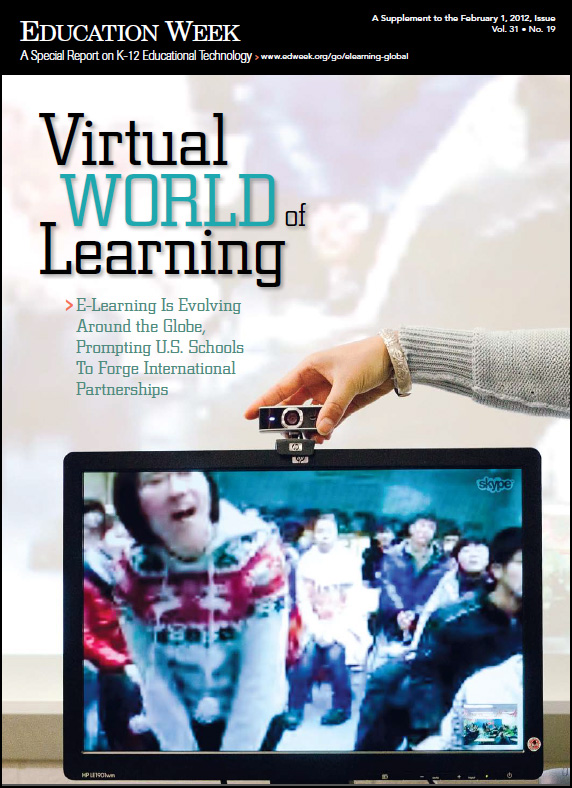From DSC:
Here are some items related to what I call “Learning from the Living Room” — a trend that continues to develop that involves:
- Using high-end, personalized, multimedia-based, interactive, team-created content — packed with new reporting tools for better diagnostics/learning analytics — available via a cloud-based “education store”/marketplace/exchange
- Web-accessible content that’s available 24x7x365
- The power of social networks/learning
- Riding the wave of the massive convergence of the computer, the telephone, and the television.
.
- In the future, the living room will replace the home office as most households’ home for the stationary personal computer. Instead of printers and mice and other corded accessories, networked appliances and post-PC machines share data with one another and with the cloud. Play and productivity both become decentered; gaming and entertainment might be on a tablet or a television, with recipes at the refrigerator, a shopping list for the smartphone, and an instructional video on the television set. All of these experiences will be coherent, continuous and contextual. And like the personal computer at the height of Pax Wintel, the living room will be a platform characterized by triumphant pluralism.“The thing about the living room is that it’s universal; everyone in the household uses it,” Samsung VP Eric Anderson told me at today’s event. “We know that we’re not going to capture every single member of the household. In my family, my wife and my daughter are Apple, me and my sons are Android,” he noted, pointing out that the majority of devices introduced today can interact with either mobile platform.
.
The modern mechanics of app stores: today, tomorrow and connected TV — from guardian.co.uk by Dean Johnson
Excerpt:
What’s next for app stores?
It’s time for each platform to up its game – smart TVs are coming. The small and medium screen experience will shortly be translated to the bigger screen as connectivity and discoverability takes on even greater importance.
Google and Apple will further interweave themselves into our daily lives as iOS and Android seamlessly combine our smartphones and tablets with our new smartTVs. Electronic Program Guides (EPGs) and the programmes themselves will suggest related content, from apps to music to film to books. This must all be presented in an approachable, then browsable manner to encourage additional discovery.
The quest for the perfect meta-data will become increasingly important and voice commands will need to deliver the best search results with the minimum of fuss. This time next year, the battle of the app stores will be fought on the move, on the desktop and on the living room wall.
.
Samsung Launches Smart TVs With Gestures, Voice Control — from by Douglas Perry
Excerpt:
A Kinect-like feature is made possible via camera and microphone integration that comes standard with the LED ES7500, LED ES8000 and Plasma E8000 models. According to Samsung, consumers can launch apps such as Facebook or YouTube, or search the web via voice commands. Waving the hand will move the cursor and select links. The TVs integrate a Samsung dual-core processor as well as a new Webkit-based web browser to improve overall performance. The high-end 7500 and 8000 TVs ship with a remote with an integrated touchscreen. A wireless keyboard that is compatible with Samsung’s TVs as well as the Galaxy Tab tablet is sold as an option.
.
New TV experiences through companion apps — from moxie pulse
.









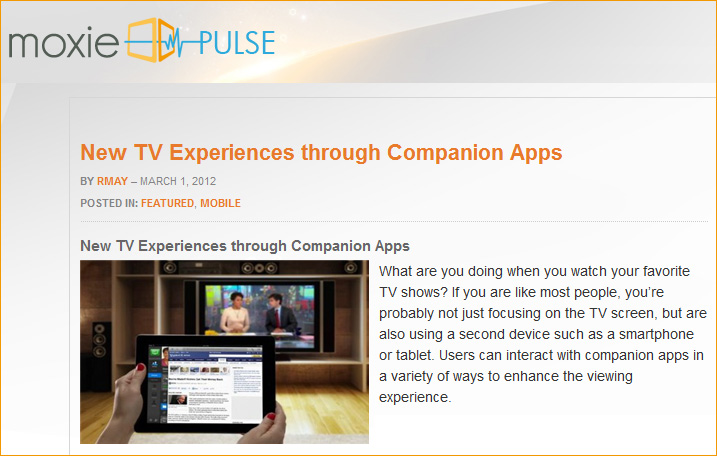
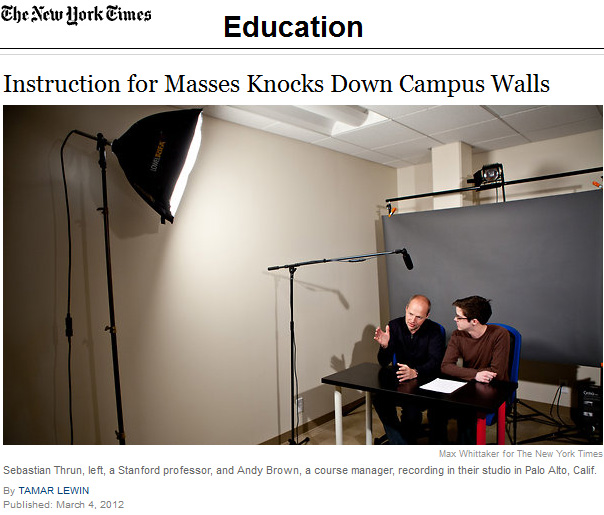
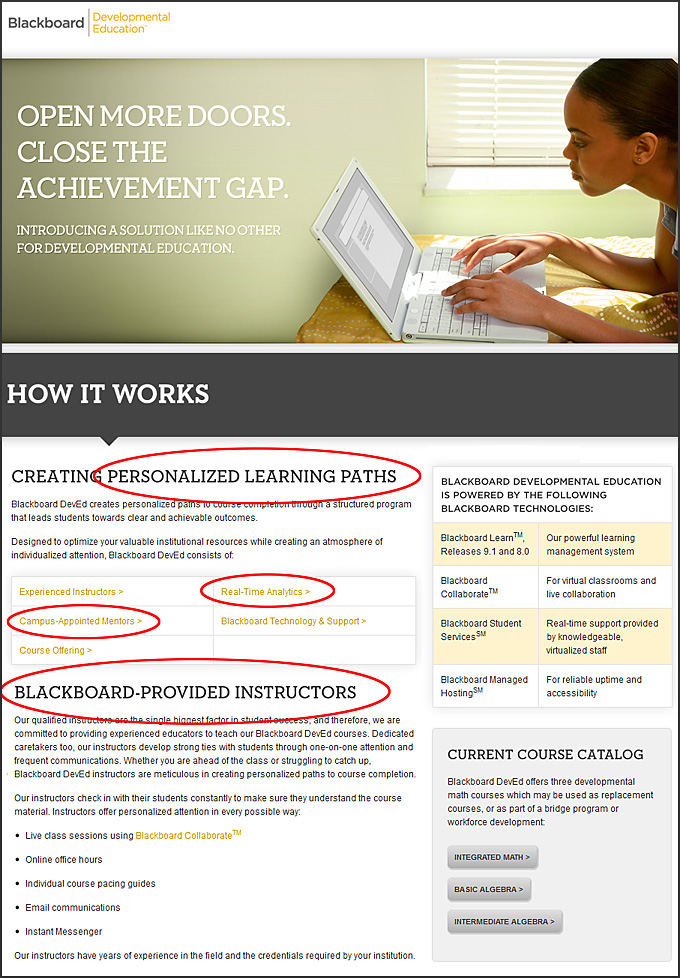
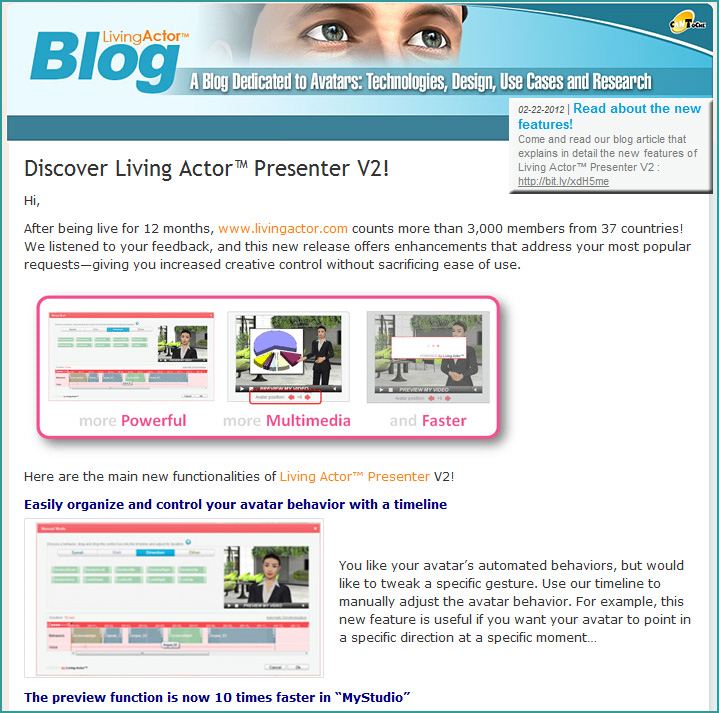
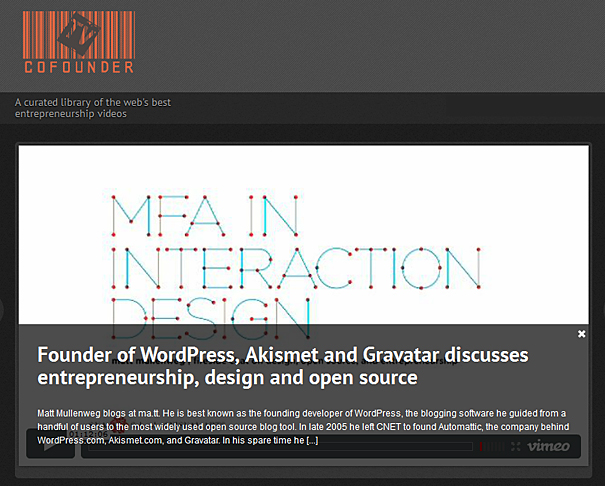

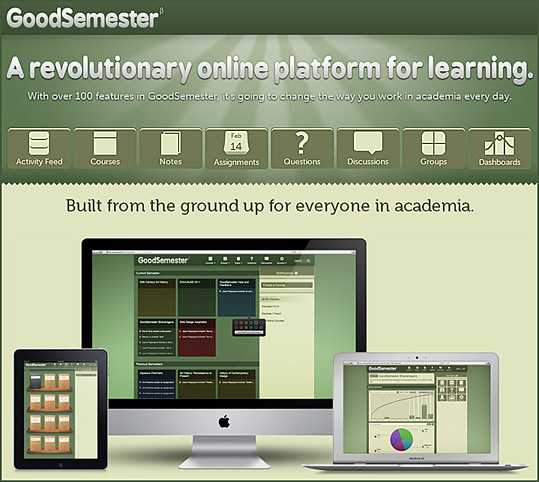
![BusinessEurope-FutureOfIntTV-Feb9-2012 The future of internet TV [Europe]](http://danielschristian.com/learning-ecosystems/wp-content/uploads/2012/02/BusinessEurope-FutureOfIntTV-Feb9-2012.jpg)
